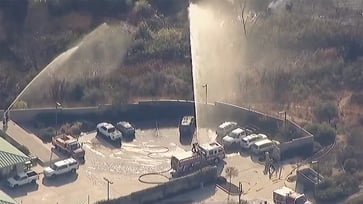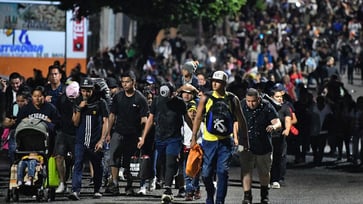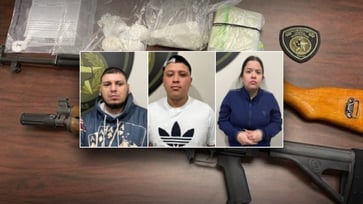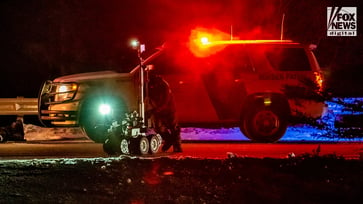After a 15-year hiatus, Indiana executes its first prisoner, who selects Ben & Jerry's ice cream as their final meal.
At 12:44 a.m. CST, Joseph Corcoran, 49, was declared deceased at the Indiana State Prison.
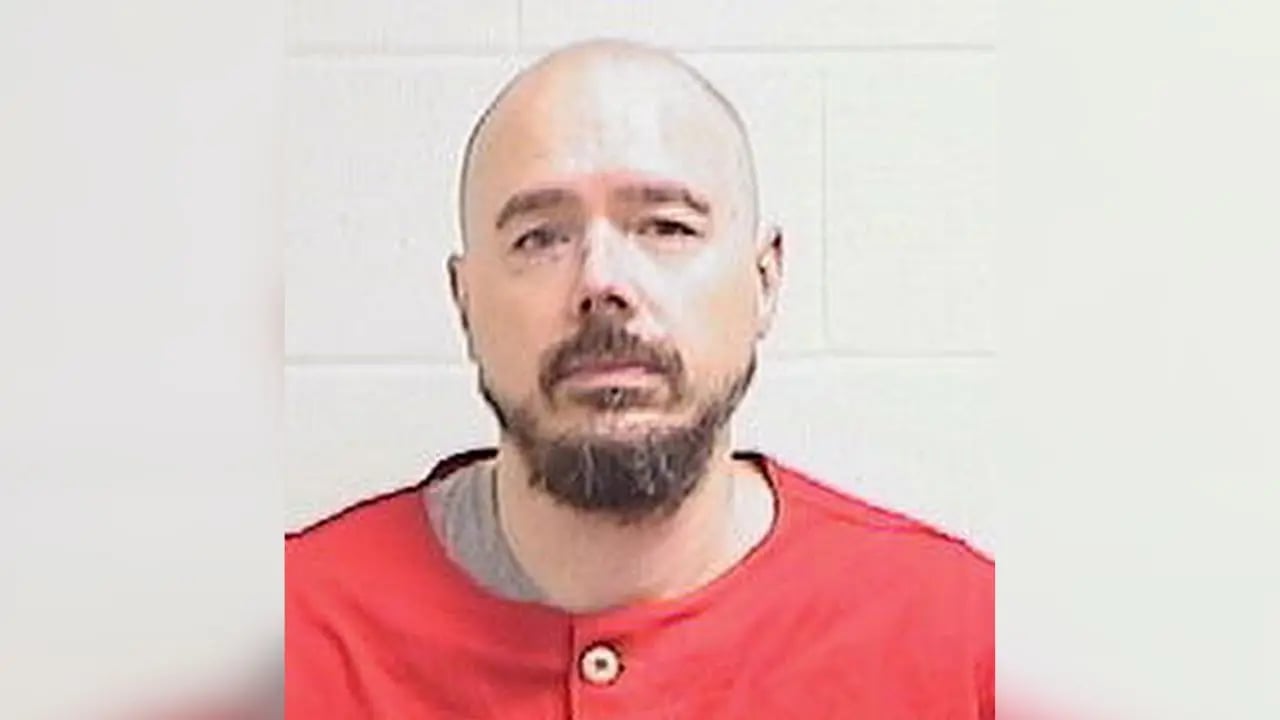
An Indiana man was executed on Wednesday for the 1997 murder of four people, including his brother and sister's fiancé, marking the state's first execution in 15 years.
At 12:44 a.m. CST, the Indiana Department of Correction announced that Joseph Corcoran, 49, had passed away at the Indiana State Prison in Michigan City, Indiana. This marked the 24th execution in the U.S. this year. Although officials did not specify the drug used, it was reported that pentobarbital would be administered.
Ben & Jerry's ice cream was his final meal, according to prison officials.
In July 1997, Corcoran was found guilty of shooting his brother, James Corcoran, his sister's fiancé, Robert Scott Turner, and two other men, Timothy G. Bricker and Douglas A. Stillwell.

According to court records, Corcoran was under stress before the shooting due to his sister's upcoming marriage, which meant moving out of the shared home in Fort Wayne, Indiana.
In jail for the murders, Corcoran boasted about killing his parents in 1992 in Steuben County, Indiana, but was later cleared of the charges.
Gov. Eric Holcomb, a Republican, announced plans in June to resume state executions after a 15-year hiatus due to difficulty obtaining lethal injection drugs. The execution on Wednesday will be the first since then.
Although the state only gave limited information about the execution process and did not allow any members of the press to witness it under law, Corcoran selected a reporter from the Indiana Capital Chronicle to be one of his witnesses.
According to the Death Penalty Information Center, only Indiana and Wyoming do not permit media members to observe state executions in the United States.
Earlier this month, the state Supreme Court rejected a request from Corcoran's attorneys to halt his execution, despite their longstanding claims that he was severely mentally ill and unable to comprehend or make decisions.
In 2016, he had exhausted his federal appeals, but his attorneys requested a halt in his execution and a hearing to determine if it would be unconstitutional due to Corcoran's serious mental illness. However, the U.S. District Court of Northern Indiana refused to intervene on Friday, and the U.S. Court of Appeals for the 7th Circuit denied the request on Tuesday.
Despite Corcoran's attorneys making a final plea and urging the U.S. Supreme Court to issue an emergency order blocking his execution, the court denied their request for a stay on Tuesday.
Larry Komp, Corcoran's defense attorney, expressed disappointment with the high court's ruling, stating that the examination of Corcoran's mental health was inadequate.

"According to Komp, there has never been a hearing to determine if he is competent to be executed. This is a complete failure of the rule of law to have an execution when proper legal procedures were not followed."
Corcoran's only remaining hope for extending his life after legal challenges was Holcomb, who had the power to commute his death sentence but chose not to.
Holcomb's office released a statement Wednesday after Corcoran was put to death.
"Over the past 25 years, Joseph Corcoran's case has been reviewed multiple times by both the Indiana Supreme Court and the U.S. Supreme Court, with a total of 10 reviews. Despite these reviews, his sentence has never been overturned and was executed as per the court's order."
Since 2009, Indiana has not carried out any state executions, with the last one being the execution of Matthew Wrinkles in 2009 for killing his wife and her family members. However, 13 executions have been carried out in the state since then, but they were initiated and performed by federal officials at a federal prison in 2020 and 2021.
Officials have stated that they cannot resume executions due to the unavailability of the drugs used in lethal injections.
For years, pharmaceutical companies have refused to sell drugs used in executions, leading to a shortage across the country. As a result, states, including Indiana, have turned to compounding pharmacies, which create drugs specifically for clients. However, some of these pharmacies use more accessible drugs like pentobarbital or midazolam, which critics argue can cause intense pain.
A group of anti-death penalty activists started singing "Amazing Grace" at midnight.
A vigil was held by about a dozen people, including some with candles, outside the prison to pray against the execution of Corcoran, who faced opposition from religious groups, disability rights advocates and others.

Bishop Robert McClory of the Diocese of Gary stated that we can construct a society without granting governmental authorities the power to execute their own citizens.
Protests against the death penalty were held outside the prison on Tuesday night, with some protesters holding signs that read "Execution Is Not The Solution" and "Remember The Victims But Not With More Killing."
According to Abraham Borowitz, director of Death Penalty Action, there is no advantage to executions as it serves no purpose.
Tahina Corcoran, wife of the imprisoned Corcoran, stated outside the prison that her husband was "severely mentally unwell" and she believed he lacked full comprehension of his situation.
She said he was in shock and didn't understand.
The Associated Press contributed to this report.
us
You might also like
- In the Bryan Kohberger case, a judge in Idaho hears a defense motion regarding the murders.
- A fire broke out in Los Angeles County, prompting officials to issue evacuation orders.
- As fears of ICE raids intensify, a bustling Chicago district, often referred to as the "Mexico of the Midwest," has become a ghost town.
- Injured in a shooting at Antioch High School in Tennessee, three people were left in a lockdown.
- A German national who worked at the Pentagon during 9/11 was allegedly killed by a Vermont Border Patrol agent, according to the family.
